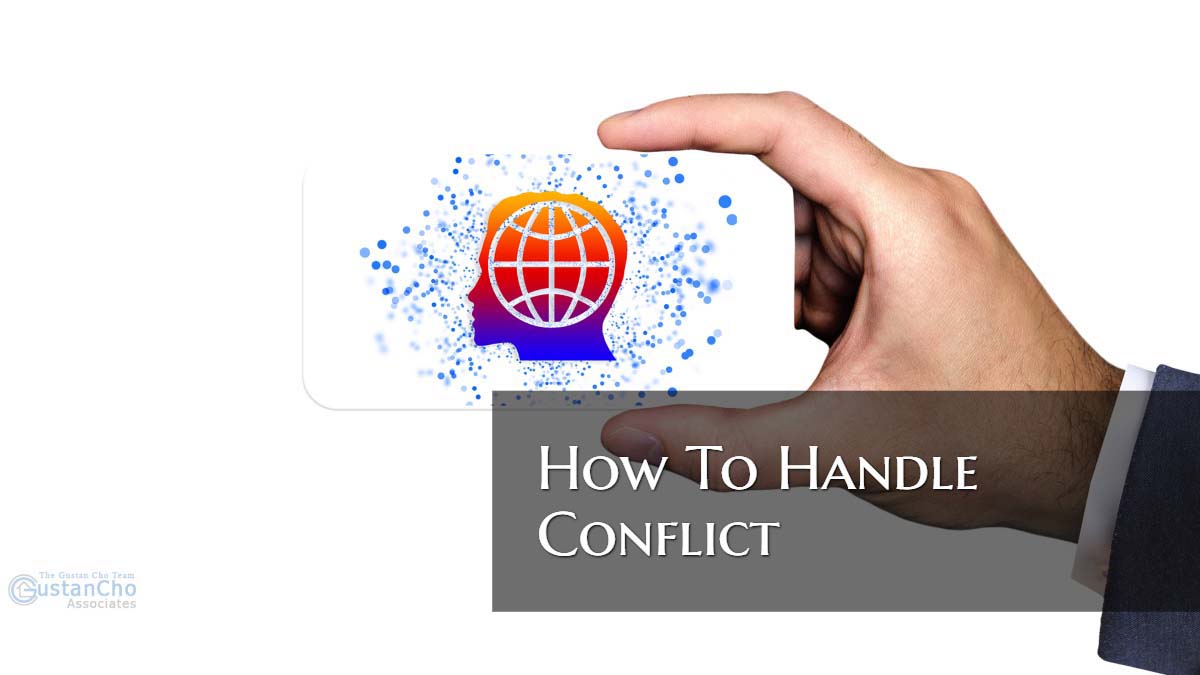This BLOG On How To Handle Conflict At The Workplace And Solutions By Alexander Thomas Carlucci
Nice people can master conflict just a well as mean people
Typically nice and mild-mannered individuals tend to shy away from conflict, not that mean people are any better at conflict; they just enjoy it more.
Recent studies have shown how an individual handles conflict has a direct impact and can make or break their career
- people who are too aggressive in conflict situations harm their performance by alienating their peers
Researchers measured something scientifically that many of us have seen firsthand while people who are too passive at handling conflict hinder their ability to reach their goals:
The key to effective handling of conflict is assertiveness:
- that delicate place where you get your needs met without bullying the other person into submission
- Assertive people tend to strike a careful balance between passivity and aggression, in other words (they tend not to lean too far in either direction)
In this article, we will discuss and cover How To Handle Conflict At The Workplace And Solutions.
How To Handle Conflict Assertively
To be assertive you need to learn to engage in “healthy” conflict.
- Healthy conflict can be constructive
- Address the issue at hand without ignoring or trivializing the needs of either party, the strategies I outline will help get you there
Consider the repercussions of silence:
- Sometimes it’s more difficult to muster the motivation to speak up when the likelihood is high that things will turn ugly
- The fastest way to motivate yourself to act is to fully consider the cost of not speaking up-they’re typically far greater than not standing up for yourself
The trick is that you need to shift your attention away from the headache that will come with getting involved to all of the things you stand to gain from assertiveness.
Powerful Words On How To Hand Conflict Effectively
Try this, use the words “and” as opposed to “but” the simple act of replacing those words makes conflict much more constructive and collaborative.
- For example, say a teammate John wants to use the majority of the budget on a marketing campaign
- But you are worried that doing so won’t leave ample funds for a critical new hire
- Instead of saying “I see that you want to use the funds for marketing, but I think we need to make a new hire”
- Try saying “I think you want to see that you want to use the funds for marketing I think we need to make a new hire”
- The difference is subtle, but the first sentence minimizes the value of his idea
- The second sentence states the problem as you see it without devaluating his idea, which then opens things up for discussion
Using the word “and” makes the other party feel like you’re working with as opposed to against them.
How To Handle Conflict And How Conflict Is Defined
People don’t typically see themselves as one-dimensional:
- People shouldn’t attempt to define them as such
- Using phrases during conflict tends to make people defensive and close off to your message, instead, point out what the other person did that’s a problem for you
Stick to the facts and if the frequency of the behavior is an issue you can always say “You do this often enough for me to notice”.
How To Handle Conflict On Motive And Behavior
Failing to understand the motive behind one’s behavior throws fuel on the fire of conflict:
- It makes everything they do appear foolish and shortsighted. Instead of pointing out flaws, try to understand where the other person is coming from
- Try asking good questions even when you don’t see eye to eye to build the trust and understanding of both sides
In closing, mastering conflict requires emotional intelligence.
- Emotionally intelligent people know how to craft their message in a conflict, whether they’re naturally assertive or not
- They take other people’s feelings into account while still asserting themselves confidently
- Hope this helps
About The Author
Alex Carlucci is a senior loan officer and the author of How To Handle Conflict. Alex is a commercial loan officer and contributing staff writer for Gustan Cho Associates Mortgage And Real Estate Information Center. Alexander Carlucci is also a moderator for Mortgage Portal.








